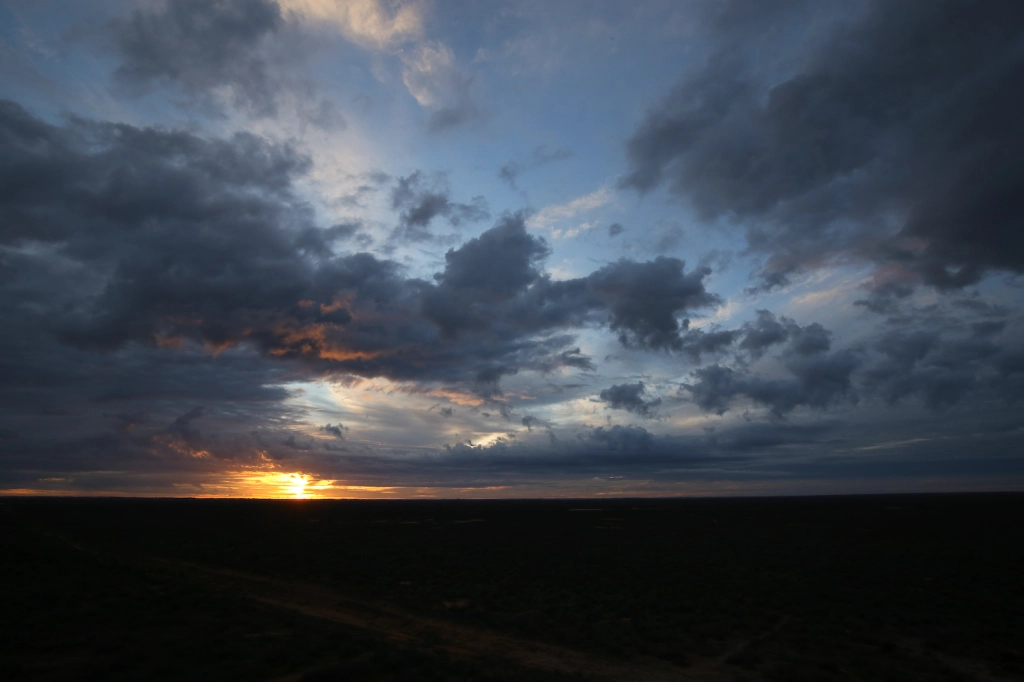The shape of things to come
A brighter future for people and planet
On networks, platforms and connection
I quit Twitter last year: reached a tipping point one day and hit delete. While I don’t miss what the platform had become, I do miss what it used to be, for me.
Over many years, Twitter was where and how I grew both my professional and personal community. It allowed me to reach, connect and converse with a diverse range of experts and people with rich life experiences. It broke down disciplinary silos and nurtured knowledge sharing. I could learn from and share ideas with scientists, farmers, development professionals, urban planners, lawyers, researchers, policy-makers and local heroes dedicated improving their lands and communities. I met so many people who were generous with their time and knowledge, and connected over shared values of environmental care and social justice.
It was a remarkable time to be online and I remain deeply grateful for the experience. Joy sparks each time I catch one of my Twitter clan on a podcast or panel, when I see a new book with their name on it, or their work makes the news. There’s melancholy too: for the kind souls I met who’ve passed, and the virtual friendships left behind.
It all makes me wonder: how do we best nurture and protect community spaces in the techno-feudal age? The internet is now narrowed and corporatised; “content” farmed for profit replacing the creative wilds of human expression, meaning-making and interconnection. We build ourselves collective spaces only for them to fragment again as the platforms change. Algorithms direct us into passive click-consumption or outrage-driven shallow “engagement”, dissuading deep, nuanced conversation. Yet connection is intrinsic to humanity: we need each other.
Places we can share, learn and grow together are essential, and increasingly rare both on- and off-line. How do we hold space for ourselves as collectives from here?

